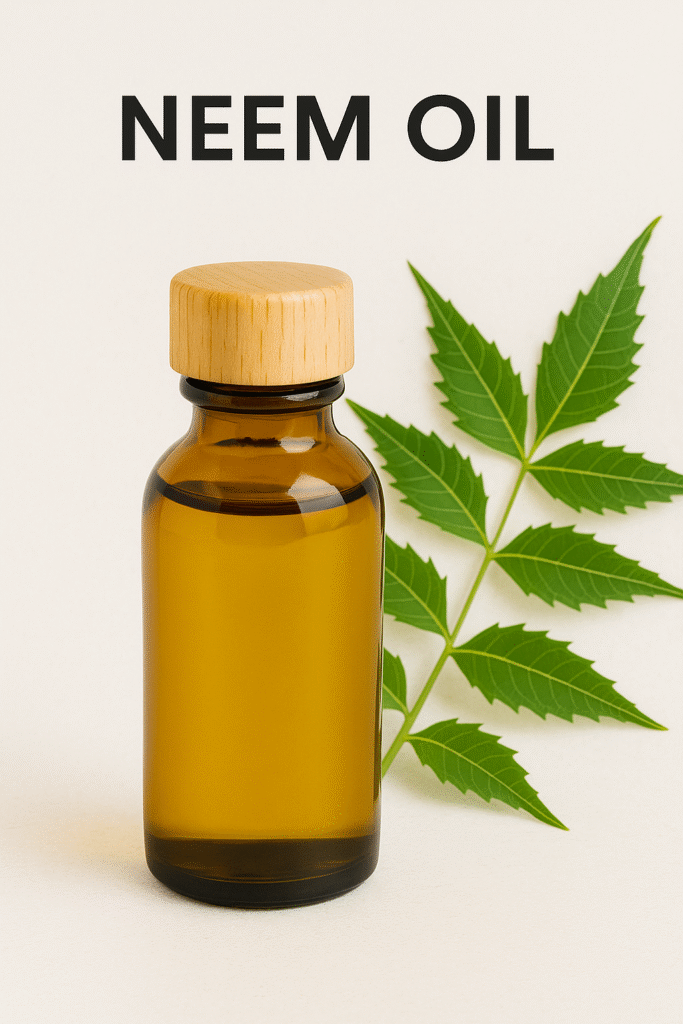An itchy scalp can be one of the most frustrating and distracting conditions to deal with. Whether it’s caused by dryness, dandruff, irritation, product buildup, or even an underlying skin condition, the constant urge to scratch can affect your focus, confidence, and comfort. Fortunately, there are several effective remedies and preventive measures you can use to soothe an itchy scalp quickly and maintain scalp health in the long run.
Understanding the Causes of Itchy Scalp
Before treating an itchy scalp, it’s important to understand what’s causing it. Common causes include:
Dryness:
Cold weather, harsh shampoos, and lack of natural oils can leave your scalp dehydrated, leading to itchiness.
this Herbal Hair Care: Cinnamon, Clove, Comfrey, and Dandelion Root will surprise you.
Dandruff and Seborrheic Dermatitis:
These are among the most frequent culprits. Dandruff occurs due to excess oil and yeast buildup, resulting in flakes and irritation.
Product Buildup:
Overusing styling products, dry shampoos, or oils without proper cleansing can clog hair follicles and cause discomfort.
Allergic Reactions:
Hair dyes, shampoos, and conditioners containing sulfates, parabens, or fragrances can trigger allergic contact dermatitis.
Skin Conditions:
Psoriasis, eczema, and fungal infections can cause persistent itching and require targeted treatments.
Lifestyle Factors:
Poor diet, stress, and lack of hydration can also exacerbate scalp issues.
Quick Remedies to Get Rid of Itchy Scalp Fast
1. Cold Water Rinse
A quick way to calm irritation is to rinse your scalp with cold or lukewarm water. Hot water strips natural oils, making dryness worse, while cooler temperatures help soothe inflammation.
2. Apple Cider Vinegar Rinse
Apple cider vinegar has natural antimicrobial properties that balance scalp pH and reduce yeast growth.
How to use:
Dilute two tablespoons of apple cider vinegar in one cup of water and rinse your scalp after shampooing. Leave it for 5 minutes before rinsing off.
3. Tea Tree Oil Treatment
Tea tree oil is a potent antifungal and antibacterial agent effective for dandruff and itchy scalp.
How to use:
Mix 3–5 drops of tea tree oil with a carrier oil like coconut or jojoba. Massage into your scalp and leave for 20 minutes before washing.
4. Aloe Vera Gel
Aloe vera cools and hydrates, making it ideal for itchy, dry, or inflamed scalps.
How to use:
Apply fresh aloe vera gel directly to the scalp, leave it on for 15–20 minutes, then rinse thoroughly.
5. Coconut Oil Massage
Coconut oil restores moisture, reduces dryness, and has antimicrobial benefits. Warm a small amount, massage it into your scalp, and leave it overnight for best results.
6. Medicated Anti-Dandruff Shampoos
If dandruff or seborrheic dermatitis is the cause, choose shampoos containing zinc pyrithione, ketoconazole, salicylic acid, or selenium sulfide. Use them 2–3 times a week for relief.
Natural Home Remedies for Itchy Scalp
Lemon Juice Rinse
Lemon juice’s acidic nature helps balance scalp pH and control excess oil. Dilute one tablespoon in a cup of water and rinse after shampooing.
Neem Oil

Neem oil has antifungal and anti-inflammatory properties. Mix a few drops with olive oil, massage onto your scalp, and wash after 30 minutes.
Green Tea Rinse
Rich in antioxidants, green tea can soothe irritation and reduce inflammation. Brew a cup, let it cool, and pour it over your scalp as a final rinse.
Lifestyle Tips to Prevent Itchy Scalp
1. Switch to Gentle Hair Products
Avoid shampoos and conditioners with harsh sulfates, alcohol, or strong fragrances. Look for labels like “sulfate-free,” “hydrating,” and “pH balanced.”
2. Maintain Scalp Hygiene
Wash your hair regularly to prevent product buildup but avoid over-washing, which can strip essential oils.
3. Hydrate and Eat a Balanced Diet
Drink enough water and eat foods rich in omega-3 fatty acids, zinc, and vitamins A, E, and D to promote healthy scalp function.
4. Manage Stress
Stress can trigger scalp conditions like dandruff and eczema. Incorporate stress-reducing practices such as yoga, meditation, or regular exercise.
5. Protect Your Scalp from the Environment
Wear hats or scarves to protect against sun damage, dust, and pollution, which can aggravate itchiness.
When to See a Dermatologist
If your itchy scalp persists despite home treatments or is accompanied by severe flaking, sores, hair loss, or swelling, consult a dermatologist. Persistent itching may indicate:
- Psoriasis
- Eczema
- Fungal infections
- Allergic contact dermatitis
A dermatologist can prescribe medicated shampoos, corticosteroid creams, or antifungal treatments tailored to your condition.
Conclusion
An itchy scalp is uncomfortable, but with the right remedies, you can get relief quickly and prevent it from recurring. Start by identifying the cause, then choose an appropriate solution — whether it’s switching shampoos, using natural treatments, or improving your scalp care routine. Consistency is key, and if symptoms persist, seek professional advice.
Taking care of your scalp is just as important as caring for your skin. With proper hydration, gentle products, and balanced nutrition, you can keep your scalp healthy and itch-free.